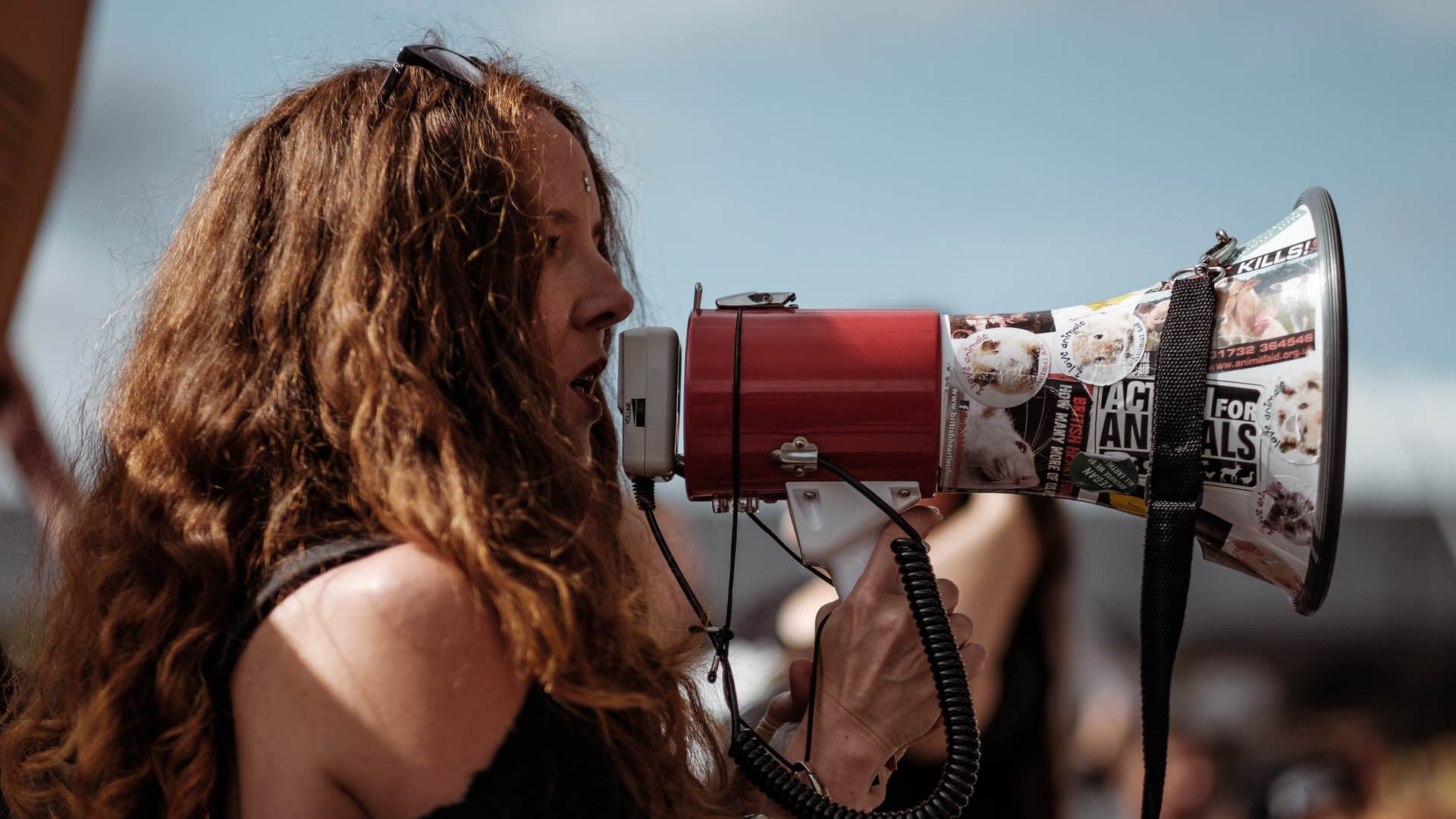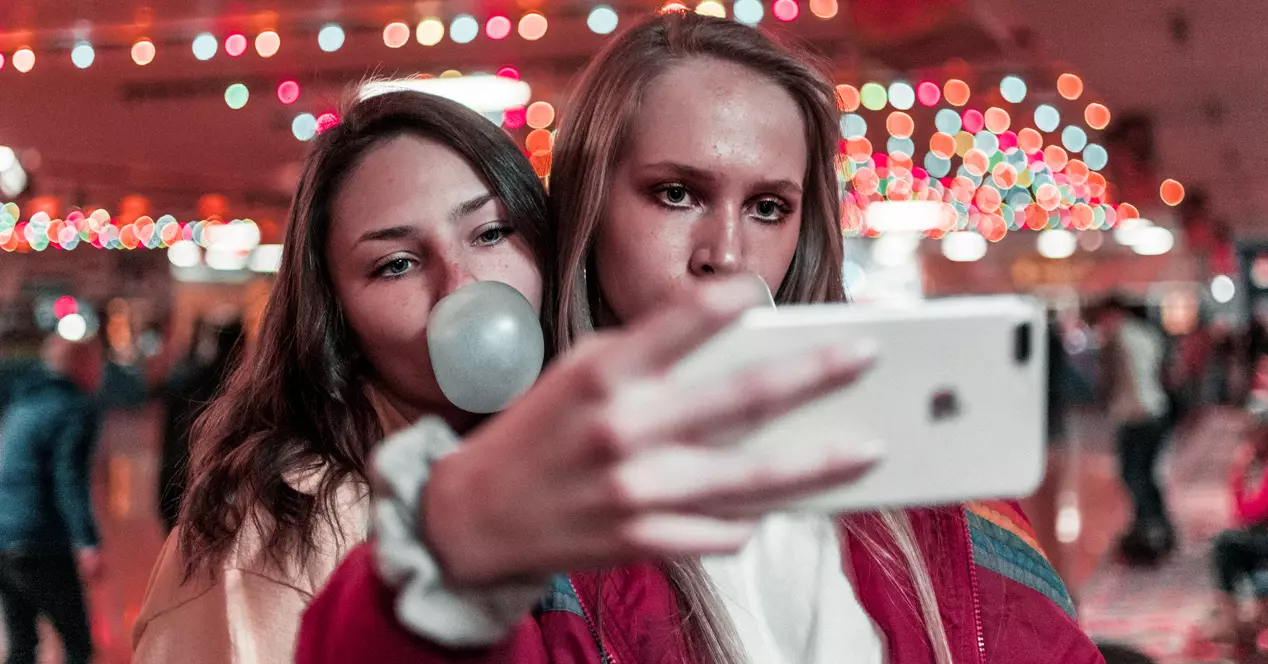
Activist accounts educating on feminism, anti-racism or even ecology have flourished on Instagram. Tired of the reactions of some of the users and disappointed with the limits of the tool, some activists are turning away from the social network.
If Twitter is the activist social network par excellence, accounts that educate on ecology, feminism or anti-racism are also numerous on Instagram. The Internet has become a political field like any other, and many people have taken over it. Movements like #MeToo have also given the impression that social media are important vectors of change. However, activists who are more or less followed are turning away from it, for different reasons.
There is of course violent cyberstalking that targets some activists – Alice Coffin testified these days of the impact of it on his life. This is definitely the most serious problem (and here’s what you can do if you fall victim to it). It is not the only one, however. Social networks carry a constant flow of information, much of which is quite negative. This environment generates a kind of permanent anger, believes Ariane who indicates to have come close to militant burnout: ” I was not actually facing anyone, or facing hateful people. I had become a real pressure cooker, even my relatives pointed out to me. “
Encouraged to permanent interaction
This is one of the criticisms made by the anti-racist and sexual health activist. Amador Maldoror social networks: produce analyzes, shed light on systems of domination, without providing tools to fight against them. ” Deconstruction encourages us to be hyper-vigilant to the slightest power relationship. Reality shows us that they are everywhere. It’s exhausting and it damages our resilience. Politicization should allow us to put our energy where it is saving us. ” The very functioning of social networks can have a strong impact on the work carried out by activists. On Instagram or Twitter, there are many examples of deleted posts or suspended accounts. The Algorithm changes greatly influence the scope of work produced by social media activists.
” I don’t like to use my image in my digital speeches. Post pictures of me because that’s what generates the most engagement, making real or videos, posting often to be promoted by algorithms, that doesn’t suit me at all », Explains Béné, environmental activist of the account @mellebene. This is the illustration of what sociologist Josiane Jouët, who has worked on feminist mobilizations online, calls ” harassment of production work on social networks “.

“React to the latest controversy”
Activist Béné found a way out by reducing the time she devoted to her online presence, to the benefit of that spent activating in organizations such as the Stop Carnet collective – which is fighting against a project for an industrial zone on the edge. of the Loire. Another activist and trade unionist, Missa used Twitter extensively for a long time before deleting her account. She deplores the functioning of these platforms which encourage permanent interaction: ” I find it flatters bad instincts among users. It is always the reaction to the latest controversy, the outbidding, whoever finds the most radical position. “
Some people questioned lament that this environment ends up pitting people against each other, within the same progressive camp. They also sometimes feel trapped in a dynamic where the slightest clumsiness can be used against them. So many things that make these activists say that social networks are not the best place to campaign. Sometimes there is also a feeling of emptiness. ” We can not do everything. And I feel better about taking concrete action, meeting people and empowering myself in my life than using digital tools. », Explains the environmental activist Béné.
Don’t leave the field to the far right
Of course, there is no denying the importance of social networks today. And some of the activists know that occupying the field also makes it possible not to leave it to the extreme right. Very well organized, it knows how to coordinate in order to bring out subjects in the media agenda. For Missa as for Amador Maldoror, outrage and pedagogy on social networks have a limited impact, however, if they are not accompanied by something else. “They are good tools for information, personal development, grouping, but we have not yet thought about how we could use them for a specific purpose”, considers the first.
For her, it is necessary to induce a balance of power and produce change, which requires at least to have objectives, strategies and criteria to measure the impact that one has. Amador Maldoror makes a similar analysis of the situation: ” It is not impossible to campaign via social networks, but it requires method. If we spend our time reacting quickly, to anything and everything, without an agenda, without a strategy, it is not activism but tabloid press. ” Baptiste Kotras, digital sociologist, analyzes these reactions as a form of disillusion. He points out that some online movements have produced changes in society (like #MeToo or #BlackLivesMatter) but that today, “ there may be dissatisfaction linked to the fact that hashtags are not enough to develop complex social relationships, and old dominations “.
He points to a necessary interconnection between online and offline activism. Josiane Jouët insists on the collective, essential to last over time, regardless of the field of expression. We have also seen personal activist accounts become collective, like You thought of, on the mental load. These analyzes explain that, without completely abandoning social networks, more and more activists do not want to confine themselves to it. ” I never claimed to have an impact just from the internet, confirms Amador Maldoror. It is a medium that can have its interest and can be complementary to other more real spaces. But we have to cultivate an anchor. “




